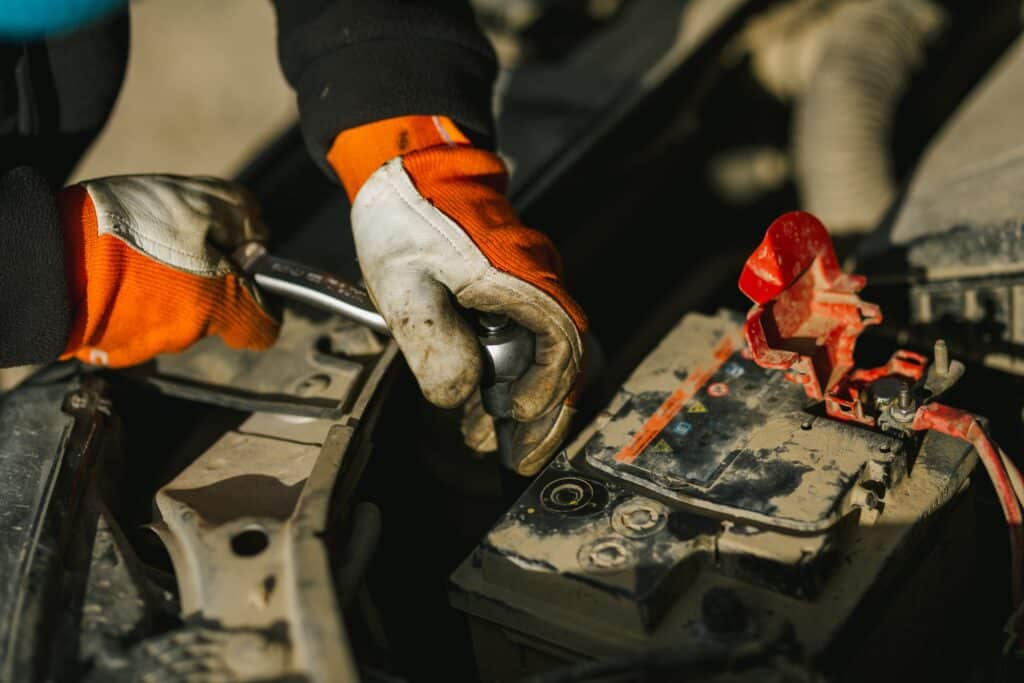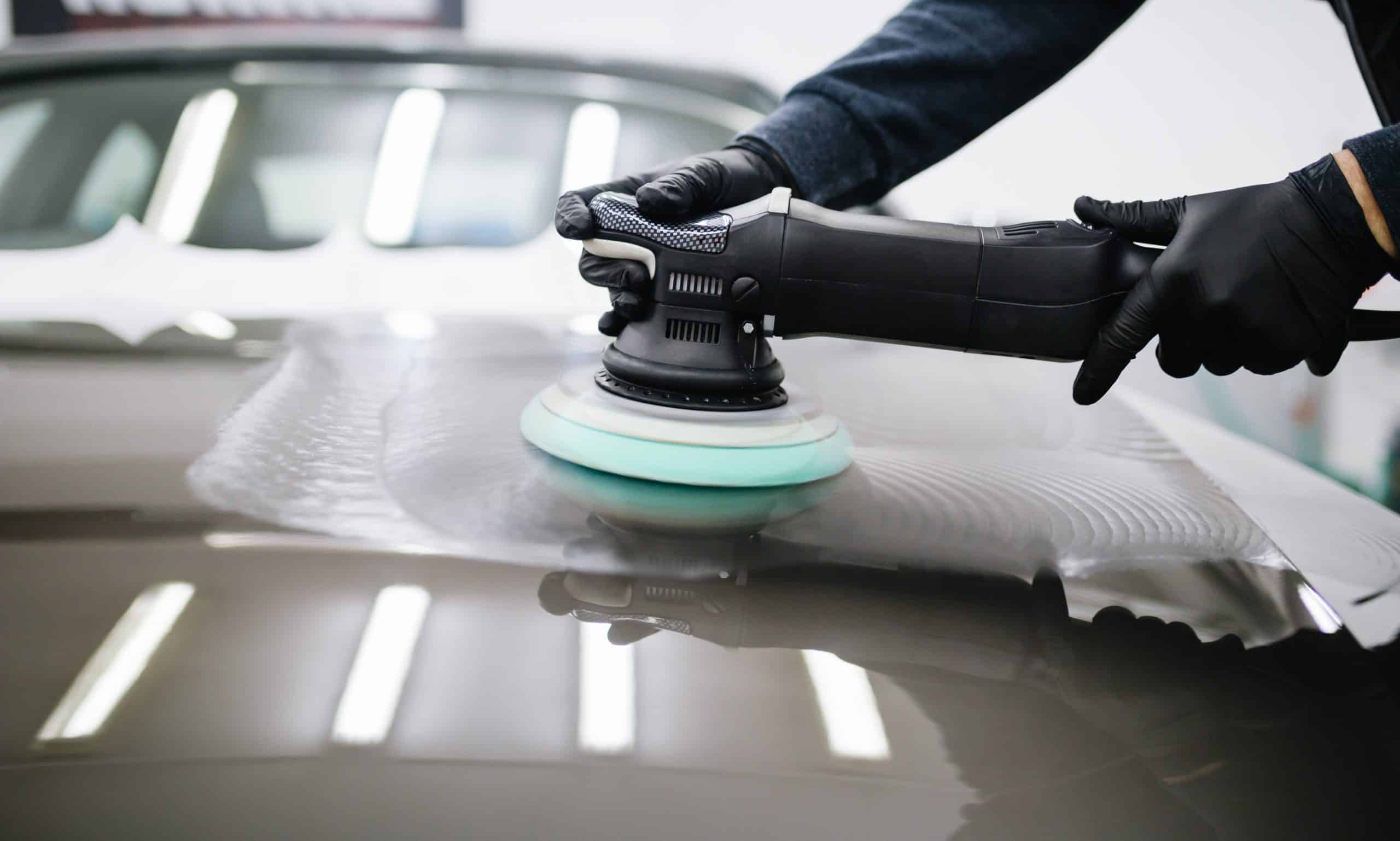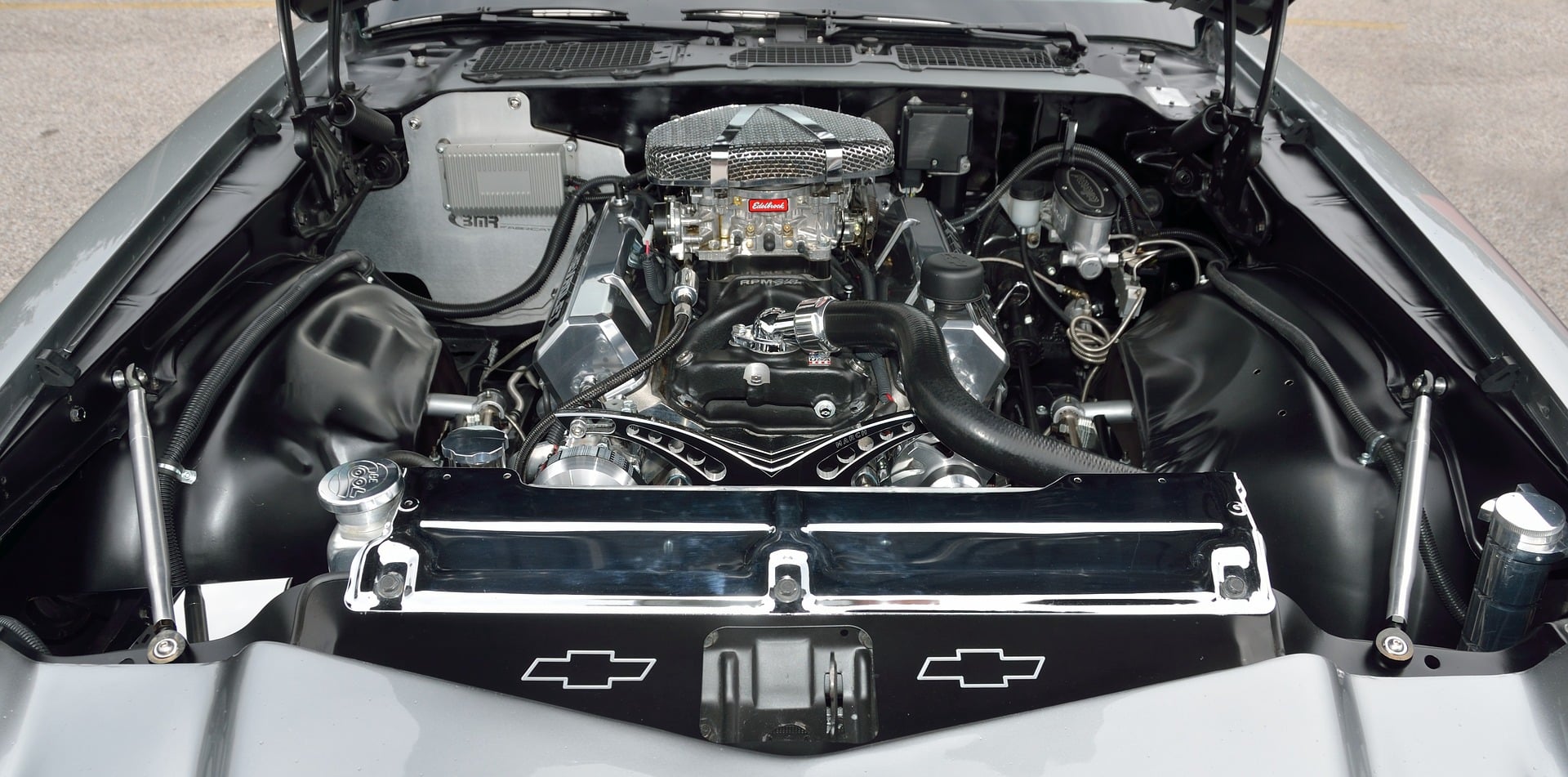Learn how long car batteries last and what you can do to extend their lifespan.

Unless you drive a new car, or you’ve replaced your car battery very recently, you probably don’t have a clue how old your car battery is or how long it’s going to last. The reason is very simple: most people don’t pay attention to their car battery until their car won’t start on a cold winter’s day or when it quits in the middle of nowhere and they are stranded with a dead battery. Those are the times people realize just how important it is to replace your car battery in time. And time is the key word here… You want to be ahead of the curve in time to replace that old car battery before it gets you in trouble.
In this article we will explain all about life expectancy of different types of car batteries. We’ll highlight the dos and don’ts and how to make your car battery last longer. We’ll also tell you which warning signs should alert you so you can replace your car battery and enjoy worriless motoring.
How Long Should a Car Battery Last?
A standard flooded lead-acid car battery lasts 3 to 5 years on average. However, under favorable circumstances and if cared for properly, a high quality car battery can last up to 10 years or even longer while a neglected cheap car battery that has been drained several times, poorly recharged or overcharged might not even live to see its second year.
More expensive AGM (Absorbed Glass Mat) batteries have no free-flowing liquid inside, and will generally last longer than standard flooded lead-acid batteries. They are ideal for most modern cars and worth the investment.
Lithium car batteries are the exception to the rule: they can last a decade or even longer. However, they are much more expensive and only suited for specific use like for a race car or a trailer queen that is stored and driven only in ideal conditions. Because they need a special charging regime and can’t handle low discharges nor extreme heat or cold, lithium car batteries are not ideal for most daily drivers.
Pushing any lead-acid or AGM car battery beyond five years, could cause it to fail without notice because of internal aging. That’s why, if you live in an extreme climate or when optimal reliability is required, most manufacturers recommend replacing your car battery every five years.
For that reason, it’s wise to write the date of purchase on your car battery so you will know when it’s time to replace it.
Factors that Affect How Long a Car Battery Will Last
There are a number of factors that influence the lifespan of a car battery:
Frequency of use. It may be counterintuitive, but it’s actually good for your car battery to use your car very frequently. Your car battery gets depleted and deteriorates fast if you don’t use your car regularly.
Driving routine: Your car’s alternator needs on average 30-45 minutes of driving time to fully recharge the power you’ve used to start your engine while powering all onboard electrics and accessories.
That’s why only driving short trips routinely will drain your car battery and shorten its life. It’s beneficial for your car battery to only drive longer distances.
Operating temperature: Extreme climates, cold as well as hot, can dramatically shorten your car battery’s life expectancy. You probably are aware of the fact that extreme cold makes a car battery less efficient which makes it much harder to start your car. These cold starts put extra strain on your car battery which will shorten its life.
However, like most people, you might not know that a hot climate is even worse for your car battery because extreme heat boosts your car battery’s internal electro-chemical processes, making it age and deteriorate at a much higher rate.
Location of the car battery: A car battery that is located in a hot compartment, like in the engine bay next to the engine, will deteriorate much faster internally than a car battery that is located in the car boot for example. That’s because in the car boot it isn’t constantly exposed to extreme heat. Extreme heat will cause your car battery’s electro-chemical processes to speed up, which will make it age and die prematurely.
Use of a battery maintainer: Whenever your car sits unused for more than a couple of days, you want to use a battery maintainer to keep it topped up. This will dramatically prolong your car battery’s life. In some cases, like for short-term car storage, this can double or even triple your car battery’s longevity.
Use of electrics and accessories: All your car’s electrics like lighting, ventilation, car radio, rear window demister, wipers, GPS,… and accessories like mobile phone chargers are powered by your car battery. If you often use a lot of these electrics and accessories together, this will put extra strain on your car battery. This in turn will shorten your car battery’s life.
Human error: If you forget to turn off your car’s lights when you park your car, for example, you will most probably not be able to start your car when you return because your car battery will be dead.
Chances are you might be able to recharge your battery, but a deep discharge like this will inevitably have a great impact on how long your car battery will last. When a car battery gets fully drained, it will lose power and capacity and will, if not immediately, have to be replaced much sooner than when it hadn’t been deep-discharged.
Corrosion and grime buildup: Corrosion and grime are very poor conductors. When your car battery terminals are corroded or caked in grime, it will be hard for electricity to “flow” from the battery to the car, its electrics and accessories.
Dirty, corroded battery terminals will make your car battery work much harder than it should and it will also have a difficult time getting charged. This will impact your car battery’s longevity negatively and if not addressed, it will eventually kill your battery prematurely. That’s why you want to keep your battery terminals free of corrosion and grime.
Alternator malfunction: Your car alternator has to keep your car battery charged when you’re driving. It constantly monitors battery voltage and charges your car battery when needed.
When your alternator malfunctions, it can just quit or start charging irregularly and/or “feeding” your car battery wrong voltages. This can lead to under- or overcharging of your car battery. In most cases, this will result in a dead battery that will have to be replaced.
How to Know If You Need a New Car Battery
How do you know that your car battery won’t last very long and needs replacing? Well, there are always clear warning signs. If you know how to recognize them, you can replace your car battery before you get stranded on the side of the road.
These are tell-tale signs to look for:
- The engine cranks slowly
- The engine struggles to start
- Clicking sound when trying to start your engine
- You regularly have to jump-start your car
- Headlights are dim
- Dashboard lights are dim/flickering
- Check engine light/battery light is illuminated
- The battery case appears to be swollen
- Badly corroded battery terminals
- The battery smells like rotten eggs
- The battery is visibly damaged
Tips to Make Your Car Battery Last Longer
Here are a few important tips to make your car battery last longer:
- Buy a type of car battery that is right for your car
- Make sure you choose a car battery that is powerful enough
- Avoid cheap, low quality batteries
- Use an intelligent trickle-charger whenever your car is parked or garaged or only drives short distances
- Avoid extreme temperatures, both hot and cold
- Avoid draining your car battery
- Keep your battery terminals clean and free of corrosion
- When you park your car, make sure to always switch off all electrics and accessories
- Check for parasitic battery draw







